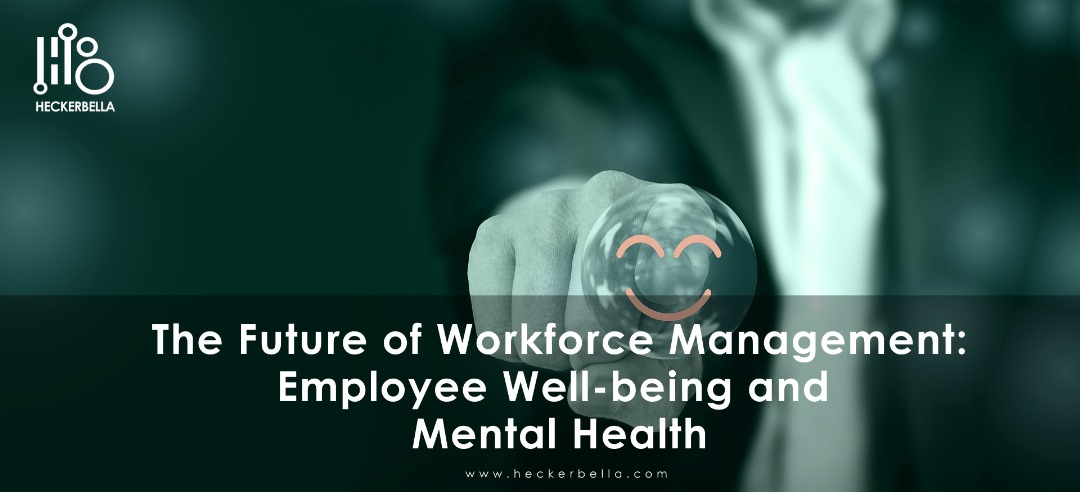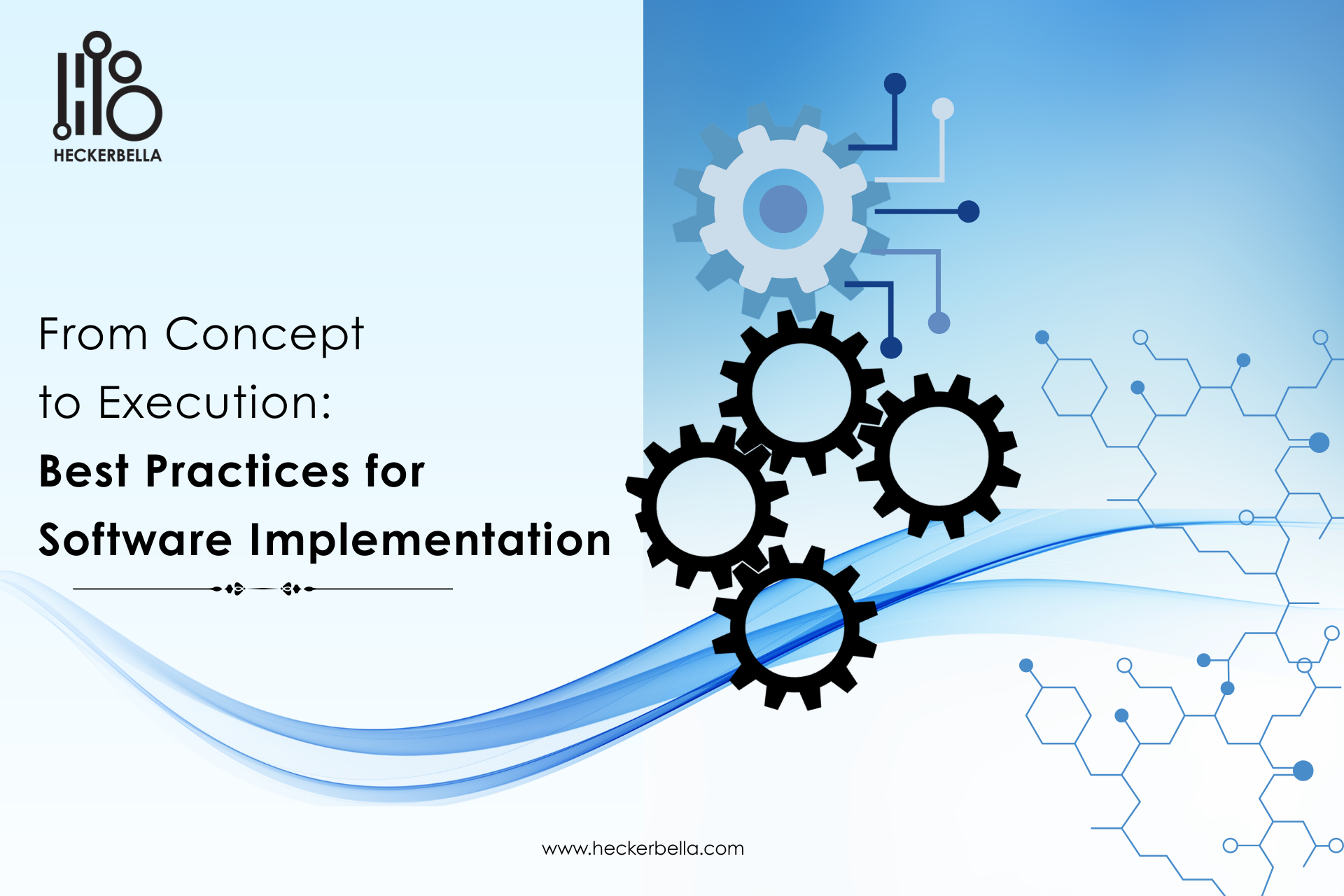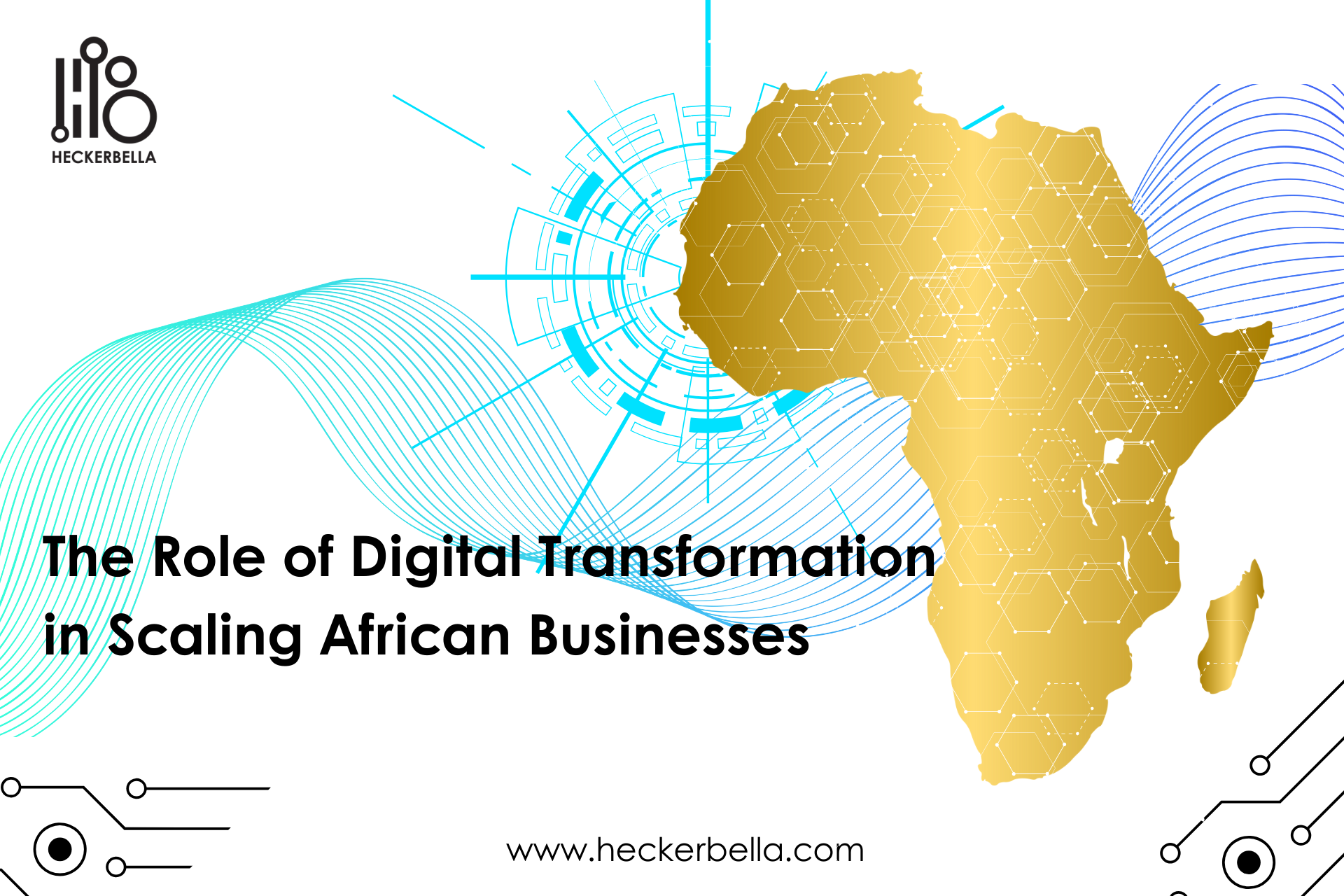The Future of Workforce Management: Focus on Employee Well-being and Mental Health

As we approach 2025, organizations are reimagining workforce management strategies to place employee well-being at the forefront. The modern workplace is no longer just about productivity and deadlines; it’s about fostering a healthy, balanced, and engaged workforce. With the growing recognition of mental health’s impact on performance and retention, businesses are leveraging data-driven tools to promote employee well-being, prevent burnout, and boost morale.
For CEOs and C-suite executives, investing in well-being initiatives is not just an ethical imperative— it’s a strategic one. A healthier workforce translates to better performance, higher employee satisfaction, and stronger organizational resilience.
The Growing Importance of Employee Well-being
The conversation around mental health in the workplace has evolved significantly. Employees now expect companies to prioritize their mental health as part of a holistic approach to workforce management. This shift is driven by a range of factors, including:
The Rise of Remote Work: Remote and hybrid work arrangements have blurred the lines between personal and professional lives, increasing stress and isolation for many employees.
Changing Workforce Expectations: Younger generations entering the workforce are prioritizing work-life balance and mental health, making well-being initiatives a critical factor in talent acquisition and retention.
Economic Uncertainty: Stressors like inflation, job insecurity, and global disruptions are taking a toll on employees’ mental health, heightening the need for organizational support.
Benefits of Investing in Employee Well-being
The advantages of prioritizing mental health and well-being extend beyond individual employees—they ripple across the entire organization.
- Enhanced Productivity: Employees who feel supported and valued are more likely to be engaged and motivated, leading to improved performance.
- Reduced Turnover: Well-being initiatives foster loyalty, reducing costly attrition rates and ensuring a stable workforce.
- Improved Reputation: Companies with strong wellness programs are viewed as desirable employers, enhancing their ability to attract top talent.
- Resilience During Disruptions: A healthy workforce is better equipped to navigate challenges and adapt to changes.
Challenges and Mitigation
While the focus on well-being offers numerous benefits, it’s not without challenges:
- Data Privacy Concerns: Tracking wellness metrics can raise questions about data security and employee trust. Clear communication and robust data protection measures are essential.
- Cultural Resistance: In some organizations, there may be stigma or resistance to openly discussing mental health. Building a supportive culture requires sustained effort.
- Cost of Implementation: Comprehensive well-being programs may require significant investment. However, these costs are often offset by reduced absenteeism and turnover.
To overcome these challenges, organizations can take the following steps:
- Establish Transparent Policies: Clearly outline how wellness data is collected, stored, and used to alleviate privacy concerns.
- Promote a Supportive Culture: Encourage open dialogue about mental health and provide training for managers to recognize and address well-being issues.
- Start Small: Pilot programs in select departments to measure effectiveness and refine approaches before scaling organization wide.
The Way Forward
For C-suite executives, embracing employee well-being as a cornerstone of workforce management is not optional—it’s a necessity for sustainable success. By integrating wellness tracking tools and fostering a culture of support, organizations can build resilient teams ready to tackle the challenges of tomorrow.
In 2025, the companies that thrive will be those that prioritize their most valuable resource: their people. With data-driven strategies and a commitment to mental health, organizations can create workplaces where employees feel valued, supported, and empowered to succeed. The future of work is not just about productivity—it’s about creating a healthier, happier, and more engaged workforce.




